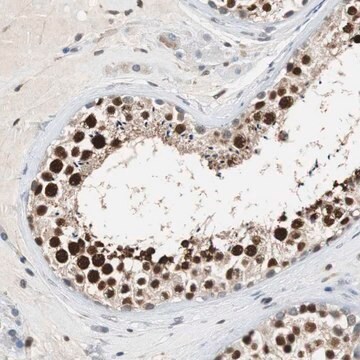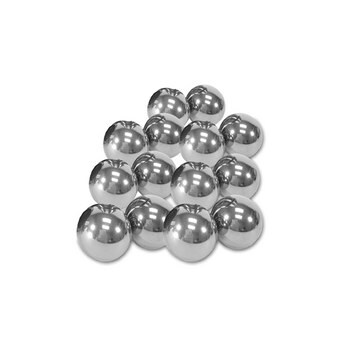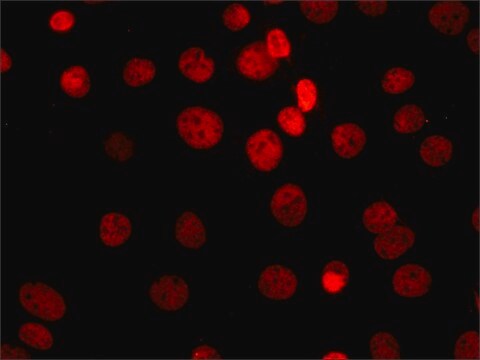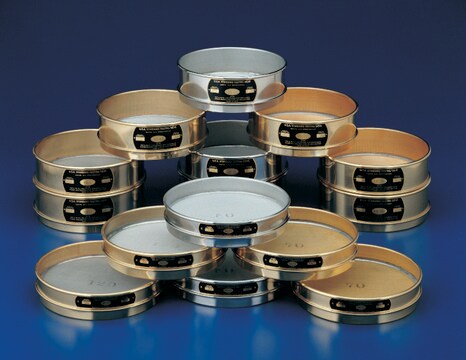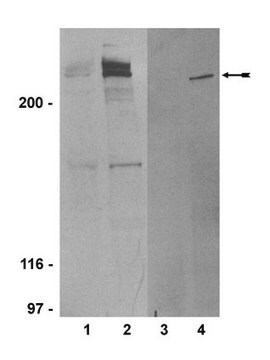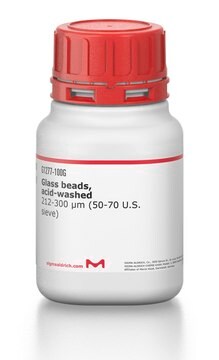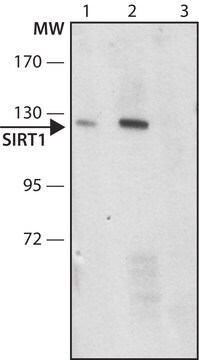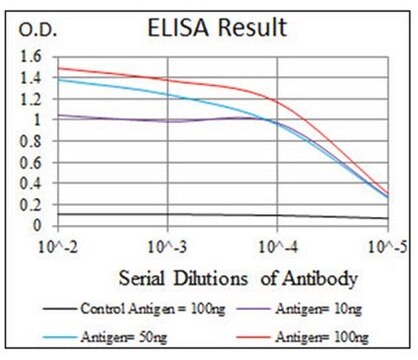05-1243
Anti-Sirt1 Antibody, clone 3H10.2
clone 3H10.2, Upstate®, from mouse
About This Item
WB
western blot: suitable
Produits recommandés
Source biologique
mouse
Niveau de qualité
Forme d'anticorps
purified antibody
Type de produit anticorps
primary antibodies
Clone
3H10.2, monoclonal
Espèces réactives
human
Fabricant/nom de marque
Upstate®
Technique(s)
immunoprecipitation (IP): suitable
western blot: suitable
Isotype
IgG1
Numéro d'accès NCBI
Numéro d'accès UniProt
Conditions d'expédition
wet ice
Modification post-traductionnelle de la cible
unmodified
Informations sur le gène
human ... SIRT1(23411)
Description générale
SIRT1 binds and deacetylates p53 with specificity for its C-terminal Lys382 residue in response to the upregulation of promyelocytic leukemia protein (PML) nuclear bodies or oncogenic Ras. The deacetylation of p53 SIRT1 has been shown to negatively regulate p53-mediated transcription, preventing cellular senescence and apoptosis induced by DNA damage and stress. SIRT1 is a HDAC which is important in establishing repressive chromatin structures and plays a role in increasing lifespan.
Spécificité
Immunogène
Application
Epigenetics & Nuclear Function
Histones
Qualité
Description de la cible
Liaison
Forme physique
Stockage et stabilité
Autres remarques
Informations légales
Clause de non-responsabilité
Vous ne trouvez pas le bon produit ?
Essayez notre Outil de sélection de produits.
Code de la classe de stockage
12 - Non Combustible Liquids
Classe de danger pour l'eau (WGK)
WGK 1
Point d'éclair (°F)
Not applicable
Point d'éclair (°C)
Not applicable
Certificats d'analyse (COA)
Recherchez un Certificats d'analyse (COA) en saisissant le numéro de lot du produit. Les numéros de lot figurent sur l'étiquette du produit après les mots "Lot" ou "Batch".
Déjà en possession de ce produit ?
Retrouvez la documentation relative aux produits que vous avez récemment achetés dans la Bibliothèque de documents.
Notre équipe de scientifiques dispose d'une expérience dans tous les secteurs de la recherche, notamment en sciences de la vie, science des matériaux, synthèse chimique, chromatographie, analyse et dans de nombreux autres domaines..
Contacter notre Service technique